Free Video Lessons
Video Lessons for Students
Free educational video lessons for Foundation to Grade 8 students, aligned with Australian and New Zealand curricula.
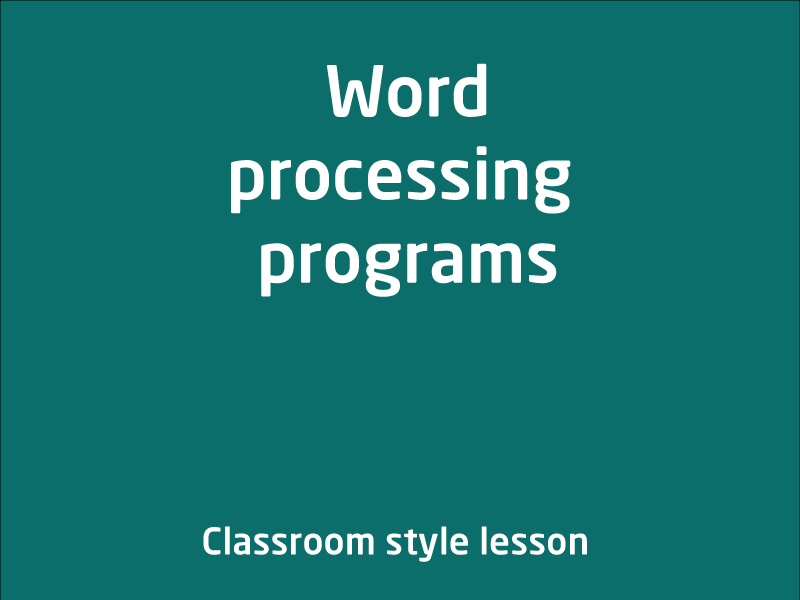
Word processing programs
This video lesson covers using Microsoft Word as your word processing program to construct, edit and publish written text, and select, edit and place visual, print and audio e...
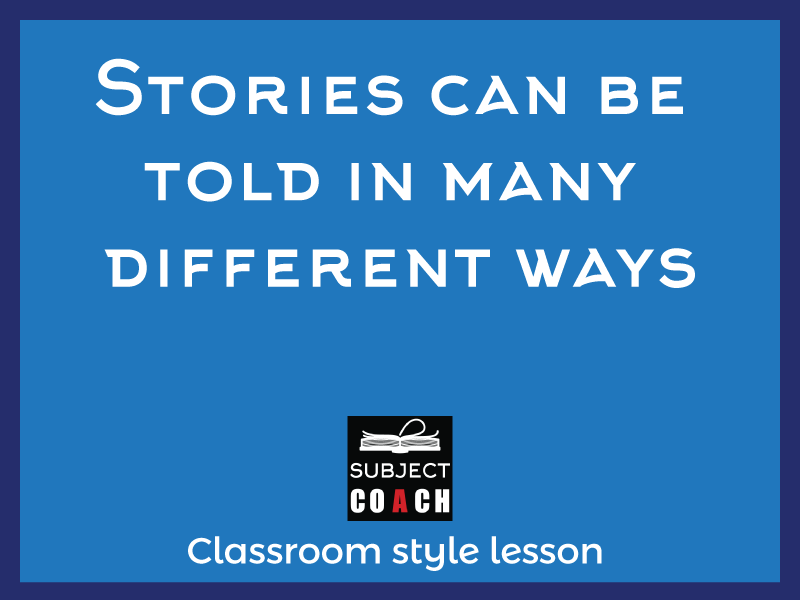
Stories can be told in many different ways
The aim of this video lesson is to help you understand that stories can be told in many different ways. You will also Learn that a word or sign can carry different weight in differ...
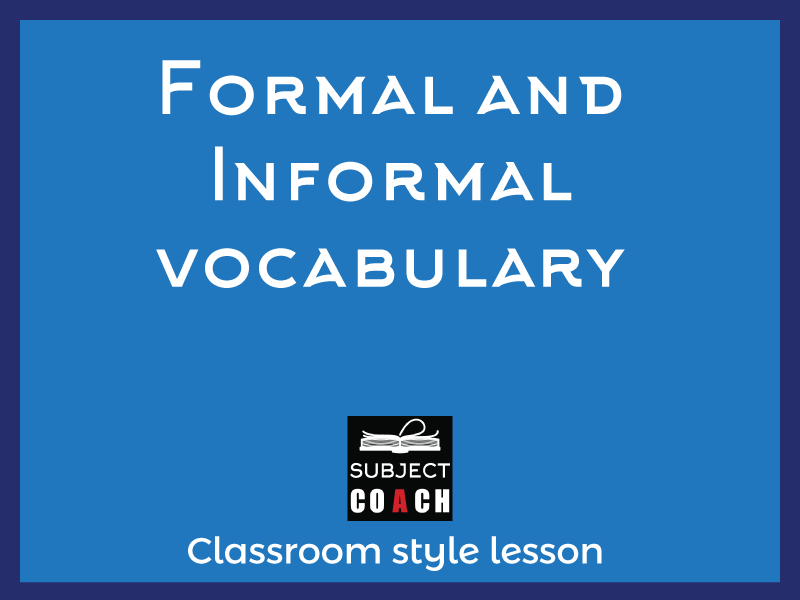
Formal and Informal vocabulary
Aim of this video lesson is to help you understand, that successful cooperation with others depends on shared use of social conventions, including turn-taking patterns, and forms o...
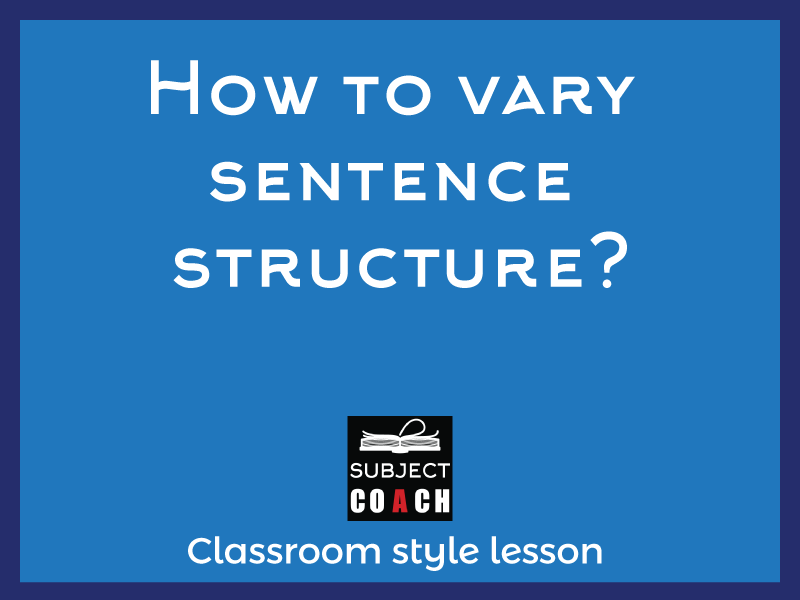
How to vary sentence structure?
Aim of this video lesson is to help you Understand how different types of texts vary in use of language choices, depending on their purpose and context (fo...
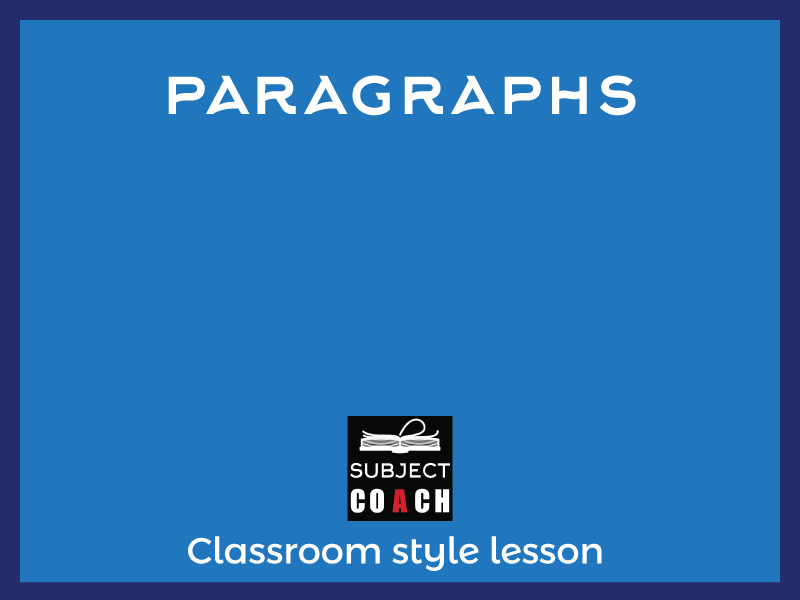
Paragraphs
AIm of this video lesson is to help you understand that paragraphs are a key organisational feature of written texts You will also learn how longer texts are organised ...
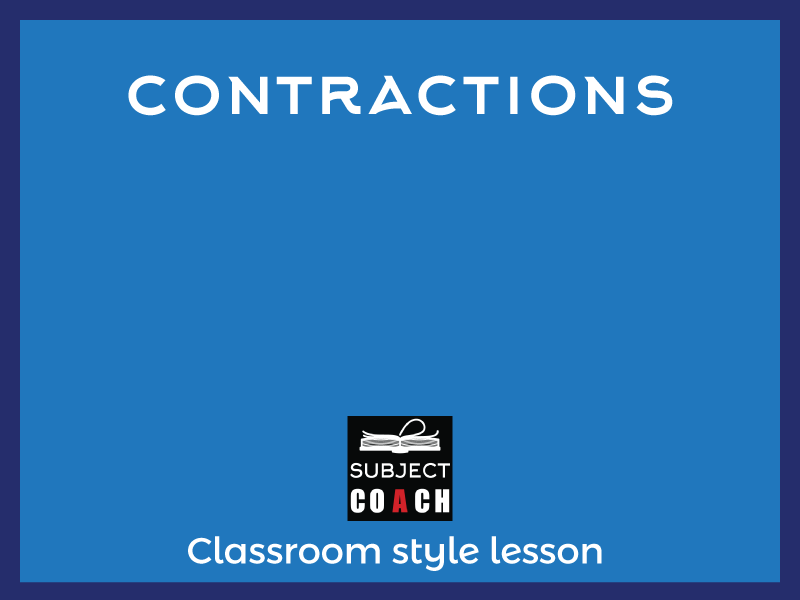
Contractions
In this video lesson, you will learn that word contractions are a feature of informal language and that apostrophe of contraction are used to signal missing let...
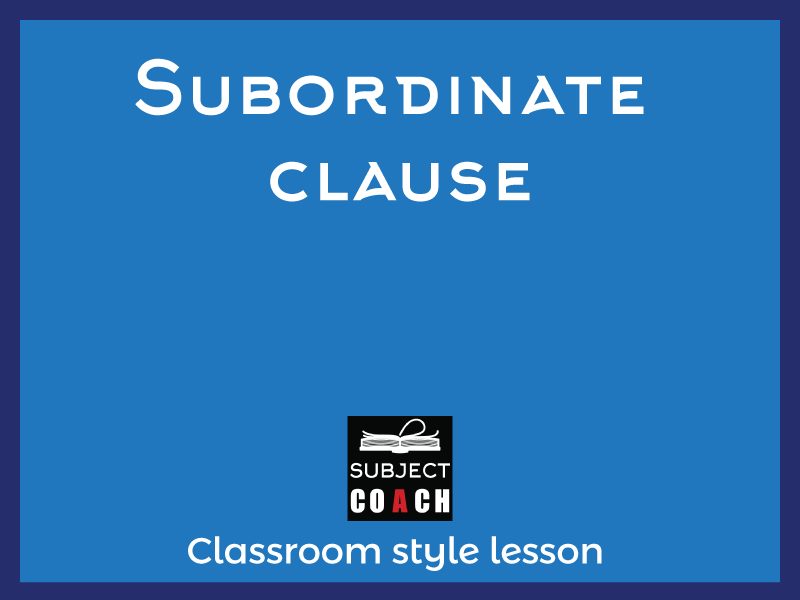
Subordinate clause
A subordinate or dependent clause is a clause that provides an independent clause with additional information, but which cannot stand alone as a sentence. Dependent clauses either ...

Tenses
In this video lesson, kids will understand that verbs represent different processes, for example doing, thinking, saying, and relating and that these processes are anchor...
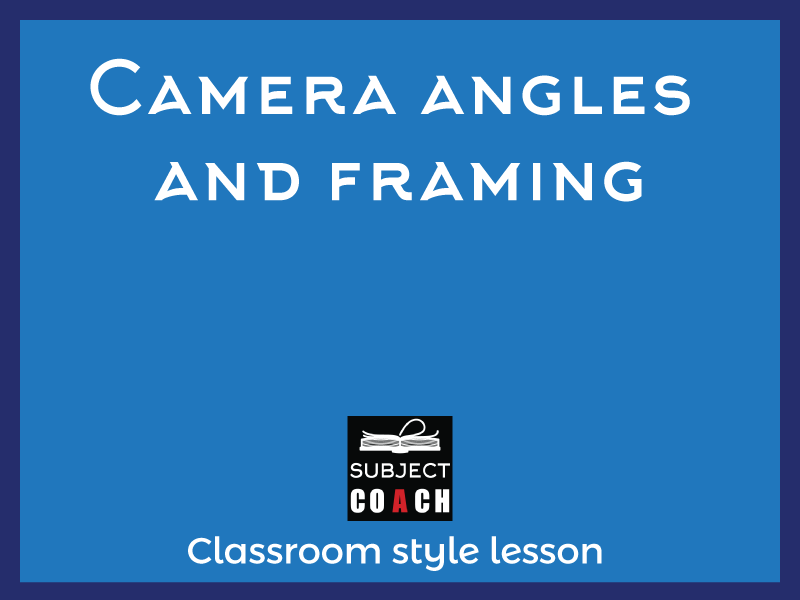
Camera angles and framing
In this video lesson, students who are studying in grade 3 will Identify the effect on audiences of techniques, for example shot size, vertical camera angle and ...
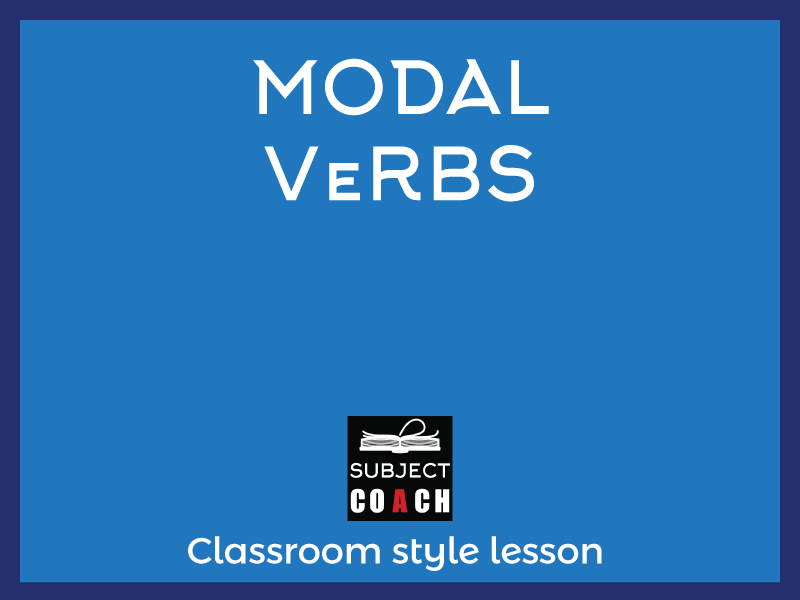
Modal verbs
In this video lesson, you will learn about Modal Verbs. We will be exploring examples of language which demonstrate a range of feelings and positions, and building a vocabular...